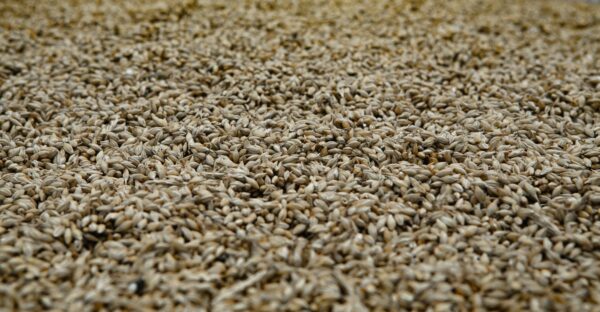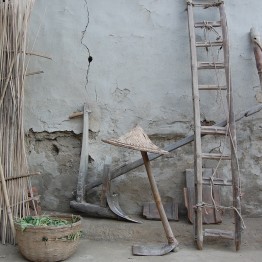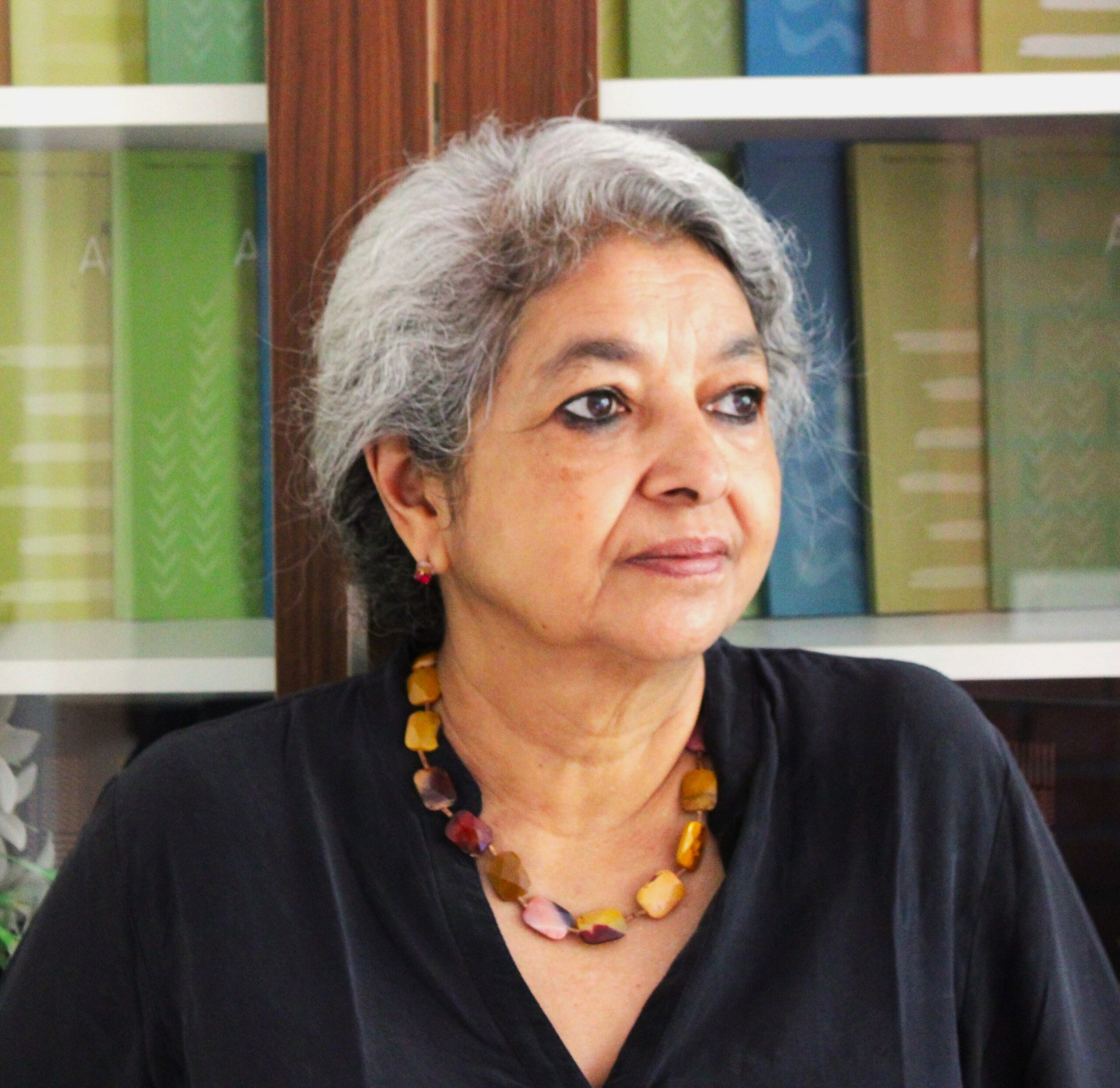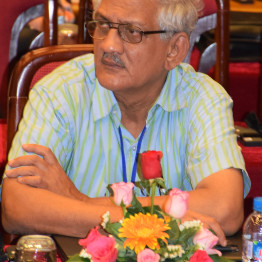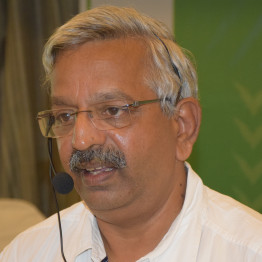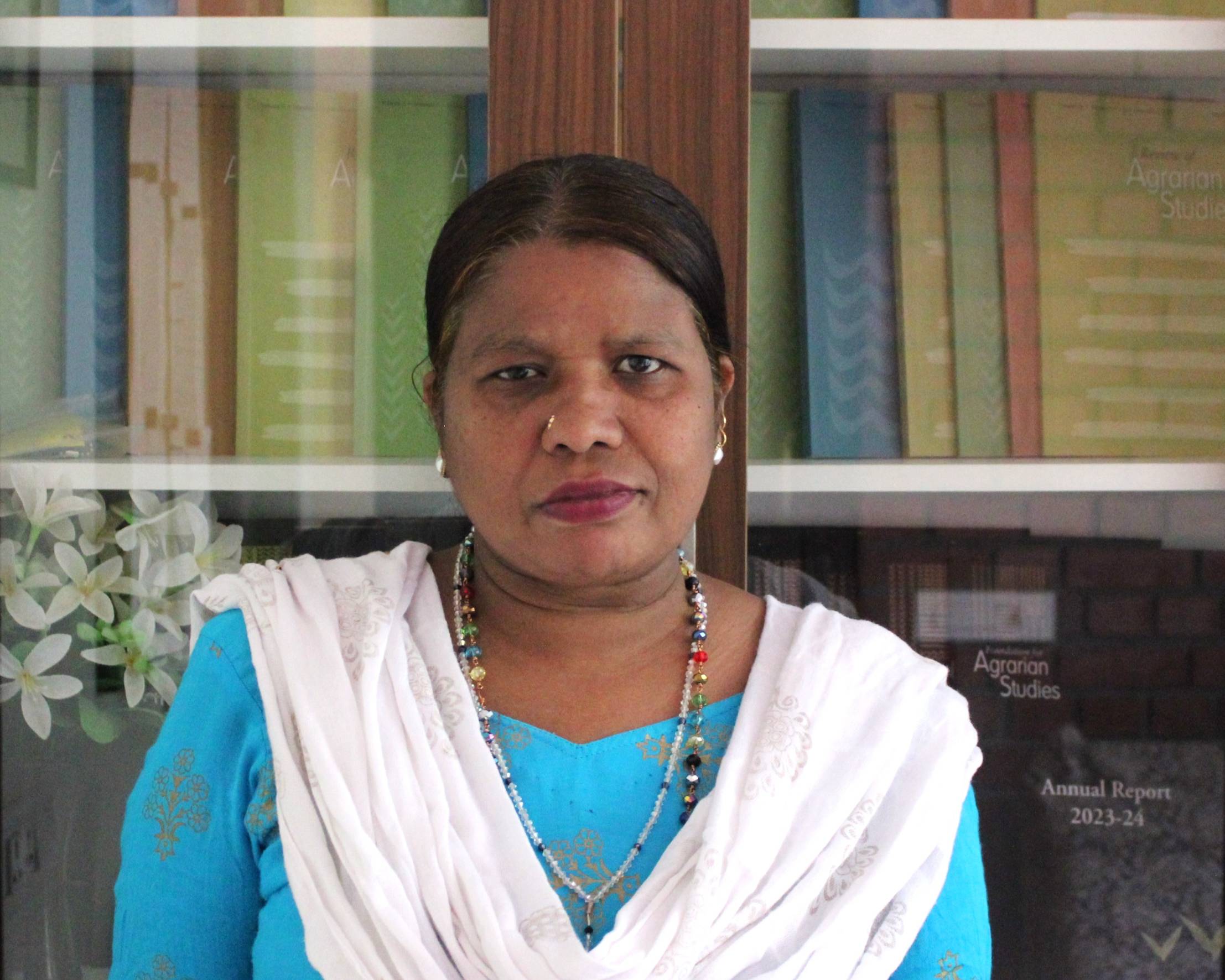The Government of India announced a sudden ban on export of wheat on May 13, 2022, a month after Prime Minister Modi claimed that “Indian farmers are feeding the world” by way of increased exports of wheat. Even a day before the export ban came into effect, the Government officials were looking out for possible export locations, indicating that there were no plans for control of wheat exports. The Government has sent out confusing policy signals with the latest announcement.
The system of public procurement has been in place since the mid-1960s, and has been the backbone of food policy in India. As part of liberalisation policy, many economists suggested that food stocks be run down in India and that needs of food security be met through world trade and the Chicago futures market. Progressive economists and social scientists have always argued that for a country the size of India, food security has to be ensured through domestic production.
This summer, procurement of wheat by the Food Corporation of India has been very low. Last year, the FCI and other agenicies procured 43.34 million tonnes of wheat. For the current season, procurement has only been 17.8 million tonnes as of May 10, 2022. Given the low levels of procurement, the Government has reduced the procurement target for the current season from 44.4 to 19.5 million tonnes. Experts say that private traders have been buying up wheat and stocking for future trade including exports at higher prices. The sudden turnaround in the export policy appears to be on account of fears that the low public procurement would affect domestic food security.
Is there a concern on that front now, in particular in terms of availability of food grain? The answer is an emphatic “no,” but if and only if policy measures ensure adequate distribution through the food rationing network and open market operations are undertaken to ensure stable prices.
While wheat production this year has been lower than estimated on account of high heat and other factors in March, there is not a big shortfall in production relative to previous years. Wheat production was 103.6 million tonnes in 2018-19, 107.8 million tonnes in 19-20, and 109.5 million tonnes in 2020-21. It was expected to be a record 111.3 million tonnes for the ongoing year (2021-22). The most recent estimate of production for 2021-22, revised downwards from the earlier estimate, is 105 million tonnes.
There is, of course, a projection of a global reduction in production and trade on account of the war in Ukraine. Both Russia and Ukraine were major exporters of wheat in the global market and disruptions from the war are affecting countries that relied on imports from these two countries, such as Egypt. India has been urged by the western developed countries to relax exports to provide relief to importing counties. But it is also important to see that the western countries, some of whom are much larger exporters of wheat, have themselves not increased their exports in the current context.
The large production of wheat and some level of food security within India are partly a result of India’s foodgrain procurement policy. It is ironic that developed countries and organisations such as the World Bank, which were very critical of India’s public food grain procurement policy, talk about India’s wheat production and its controls on exports.
To make sense of the global discourse and to understand the current policy context, it is important to see the stocks that we have in India.
Stocks of wheat in the central pool as of April 30, 2022 were 30.3 million tonnes, much lower than the 52.5 million tonnes of last year, but comfortably higher than buffer stock norms. While the Government procurement in this marketing season has been lower than the previous two years, the stock position so far is similar to 2019, when we had 35.8 million tonnes of stock in April. The stock position does not appear to be alarming at the current levels.
The crucial point is to ensure food availability and stable food prices for consumers. Indeed, governments have played a crucial role in India to provide a minimum quantity of food directly to consumers through the public distribution system (PDS) and to control food prices via open market operations.
In the two Covid-19 years (2020-21 and 2021-22), the PDS played a stellar role (and it was good that we did not dismantle it on the advice of neoliberal economists). Total offtake of rice and wheat was 102.3 million tonnes in 2021-22 when distribution through the PDS and other welfare schemes is combined. Of this, 49 million tonnes were wheat (21.7 through the PDS and 27.3 through other welfare schemes). Not only is this a global record, but it kept people out of starvation during the Covid-19 pandemic.
It is essential that the PDS and open market operations be used to cool down food price inflation. The rural consumer price inflation at all-India level for April 2022 was 8.38 per cent. The rural food price inflation was 8.5 per cent. These were much higher than the inflation recorded in the previous year. While most States have high inflation rates, States with better PDS such as Kerala and Tamil Nadu, have lower inflation rates. The general consumer price inflation in April 2022 for Kerala was 4.82 per cent and it was 5.64 per cent for Tamil Nadu.
To promote production, a key aspect of the food policy in India has been to provide remunerative prices to farmers. As is well-known now, after the reports of the National Commission on Farmers, the announced minimum support price (MSP) for wheat has often been inadequate to cover costs of cultivation for several regions and classes of farmers, especially if comprehensive costs (or Cost C2) is taken as the base. The year-long farmer protests were largely driven by the fear that the new Farm Acts were weakening public commitment to remunerative prices for agricultural produce.
Over the last two years, costs of production have risen sharply, one important component being the spiralling price of fuel. In this context, the All India Kisan Sabha (AIKS) and other farmer organistions demanded a bonus of Rs 500 per quintal on current MSP to cover the higher costs of production as well as the yield losses this year.
Farmers are worried about the lack of involvement of the Government in procurement. The procurement of wheat has fallen as a share of total production in this year. Rather than overcoming this shortfall by increasing the procurement price and buying more, the Government has allowed traders to build up stocks of wheat. The benefits from future sales, domestic or in the export market, are thus likely to go to traders rather than farmers.
This government lacks a coherent policy of food security. Food security is both an immediate and long-term concern and does not require “surgical strikes.” A well-functioning PDS can control prices and offer relief to consumers. The Government has, once again, punished farmers and supported traders by not procuring food grain at higher prices, and letting private trade step in to buy up stocks for future gain.
See our article in The Hindu, “Food Security does not need this ‘Surgical Strike.’“

